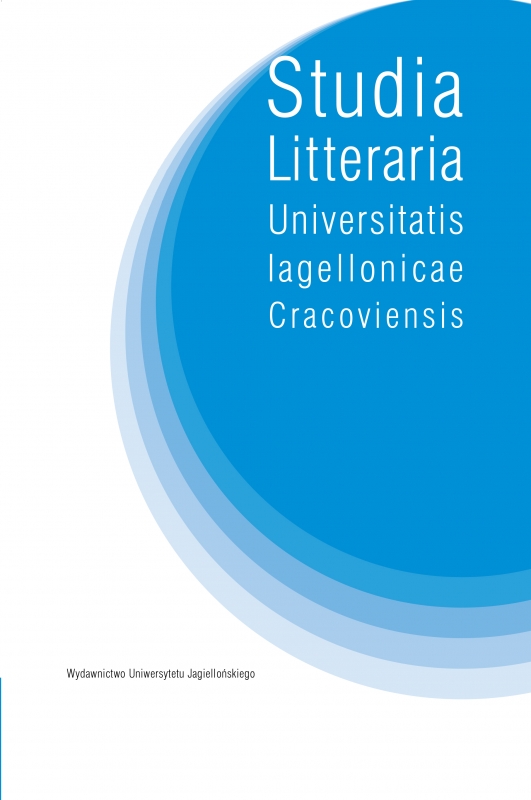Słoweński patriotyzm w okresie socjalistycznej Jugosławii
Slovenian Patriotism in the Socialist Yugoslavia
Author(s): Damian KubikSubject(s): History, Social Sciences, Sociology, Local History / Microhistory, Recent History (1900 till today), Nationalism Studies, Sociology of Culture, Sociology of Art, History of Art
Published by: Wydawnictwo Uniwersytetu Jagiellońskiego
Keywords: Slovenian patriotism; patriotism in Yugoslavia; Slovenians as a small nation; Slovenian national identity; Slovenian homeland; Drago Jančar; Josip Vidmar; Primož Kozak; Edvard Kocbek
Summary/Abstract: The article presents an analysis of the essence and form of Slovenian patriotism in the socialist Yugoslavia, with particular emphasis on the 1980s (when the crisis of the Yugoslav idea becomes evident). It deals with issues related to the forms and manifestations of the patriotism of a small nation such as the Slovenes, who for most of their history were under the domination of larger and stronger nations. The argument is divided into five parts. The first, introductory one contains a brief outline of the ideological foundations of the Yugoslav federation, which were also important for the Slovenian patriotism at that time. For this purpose, the most important ideas and values promoted by Titoism in politics and education are recalled, and the progressive national and cultural emancipation of Slovenes is indicated. The second part discusses the views and positions of Slovenian intellectuals (Edvard Kocbek, Primož Kozak and Drago Jančar) fundamental to the understanding of the discussed issue. They are an expression of a deep reflection on the condition and position of a small nation in the specific conditions of a multinational federation, but also with reference to a wider (i.e. European and American) framework. The third part shows the Yugoslav background of discussions on Slovenian patriotism, which, in the rest of Yugoslavia in the 1980s, was considered nationalism shattering the federal unity. In the fourth part, the symbolic forms of “love for the homeland” in Slovenia (including those in tourism and sports) are cited, emphasizing their importance in the process of shaping the national awareness. The last part outlines the contemporary perception of Slovenian patriotism in the period of socialist Yugoslavia. The conclusion emphasizes, above all, the departure from patriotism based on the universalist ideology of socialism in favor of patriotism understood as love for the native land.
Journal: Studia Litteraria Universitatis Iagellonicae Cracoviensis
- Issue Year: 17/2022
- Issue No: 4
- Page Range: 273-290
- Page Count: 18
- Language: Polish

